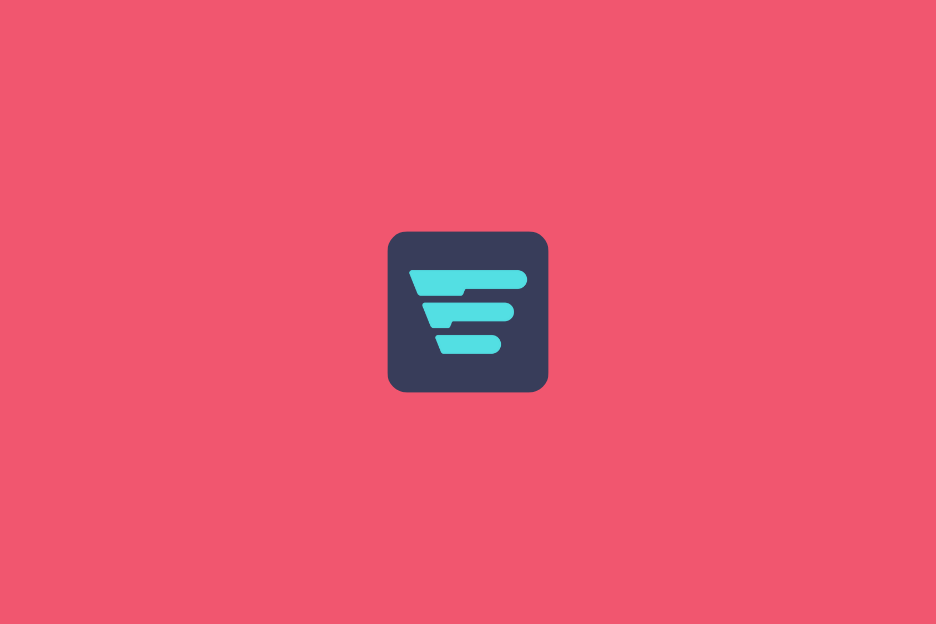Ecommerce is bigger than ever. Online shopping continues to grow, and businesses that want to reach the most valuable consumers need to sell their products digitally.
If your company isn’t yet selling online, now is the time to invest in an ecommerce store. But which platform offers the best long-term value — and meets the specific needs of your business?
When working with an agency, it’s important to ensure that the platform they recommend is the right one for your goals, not just their preferred solution. Knowing what to look for (and when lower upfront costs don’t equal better margins) is key to making the right decision.
Below, we explore the five key cost areas to consider when choosing an ecommerce platform, how these costs vary, and what they could mean for your store’s performance and profitability.
Upfront build costs
The initial cost of building your ecommerce store depends on the complexity of the platform. The more development work required, the higher the upfront cost.
There’s a balance to strike between choosing a limited, low-cost platform and investing more in a solution that will support your business as it grows.
If your store only needs to sell a small product range, a lightweight build on a simple platform might meet your needs.
However, if you’re managing hundreds or thousands of products, choosing a basic platform with limited functionality could lead to higher costs later, especially when you need to scale or add features.
The cost of extending functionality
Some ecommerce platforms offer very limited functionality out of the box, relying heavily on paid apps to deliver even basic features. While these may look affordable at first, costs can escalate quickly.
For example, a seemingly minor feature like a multi-tiered mega menu can cost around £7 per month. As you add more apps, your total spend rises sharply.
Over time, these app subscriptions can erase the savings made from lower upfront costs. Choosing a platform with comprehensive built-in functionality from the start will save money and simplify management as your store grows.
Ongoing maintenance and development
The more complex a platform, the greater the need for regular maintenance and updates. While this is normal for high-performing ecommerce stores, some platforms make ongoing development unnecessarily expensive.
The key is to choose a platform that is easy to work with and well-supported. A modern, developer-friendly platform reduces the time and cost of implementing upgrades, optimising performance, or adding new features.
If your store is relatively simple, maintenance costs should remain low. However, for businesses with ambitious growth plans, a scalable, easily maintained platform like Aero Commerce ensures long-term sustainability without spiralling technical costs.
Infrastructure costs
Every ecommerce platform runs on physical or cloud-based hosting — and the way hosting is handled can have a major impact on cost, performance, and control.
Hosted platforms are typically used for smaller stores and include hosting in their monthly fee. However, this often means sacrificing control over speed, reliability, and security, as you’re bound by the platform’s infrastructure limits.
Distributed (self-hosted) platforms, on the other hand, let you choose where to host your site, giving you full control over cost, performance, and quality. Some distributed platforms can be infrastructure-hungry, which can drive up hosting costs and management overhead, so make sure to review requirements before choosing your hosting provider.
For growing retailers, distributed solutions like Aero Commerce provide the freedom to optimise hosting for speed, scalability, and cost-efficiency, without being locked into a proprietary ecosystem.
Merchant services and transaction costs
For your ecommerce store to process payments, it must be linked to a payment gateway. Every payment processor has its own rates, which are determined by a number of factors, including revenue volumes, sector, and merchant history.
Some platforms restrict which gateways you can use, charging additional transaction fees if you choose alternatives. Over time, these fees can add up and reduce your margins.
With distributed platforms like Aero, you retain full freedom to select your payment provider, negotiate competitive rates, and avoid unnecessary transaction fees, giving you control over your profitability.
The right choice? It’s a balancing act.
When it comes to ecommerce platforms, the cheapest option isn’t always the best. Your decision should balance affordability, flexibility, and future scalability.
Ask yourself:
Will this saving cost me more elsewhere? A low upfront price may mean higher maintenance or app costs later.
Will spending less compromise store performance? Faster, conversion-optimised stores often pay for themselves through higher revenue.
Have I reviewed all my options? Take the time to compare platforms before committing.
Does this store meet all my needs? Choose functionality that supports your growth, but avoid paying for unnecessary extras.
A flexible, scalable solution
Aero Commerce is built around the needs of real-world retailers. Designed for performance, scalability, and simplicity, it helps you reduce costs while maximising capability.
With Aero, you get:
Extensive functionality out of the box, reducing reliance on apps or upgrades.
Transparent pricing, and you only pay when the site goes live.
Scalable infrastructure, keeping costs aligned with your growth.
Lean architecture, for lower hosting and maintenance expenses.
High-speed performance, driving conversions and revenue.
Ease of customisation, for quick and cost-effective upgrades.
If you’re looking for an ecommerce platform that keeps costs low while helping your business grow, Aero Commerce gives you the best of both worlds.
Ready to optimise your ecommerce costs and scale smarter?
Book a demo and see how Aero Commerce helps retailers build fast, efficient, and cost-effective online stores.


